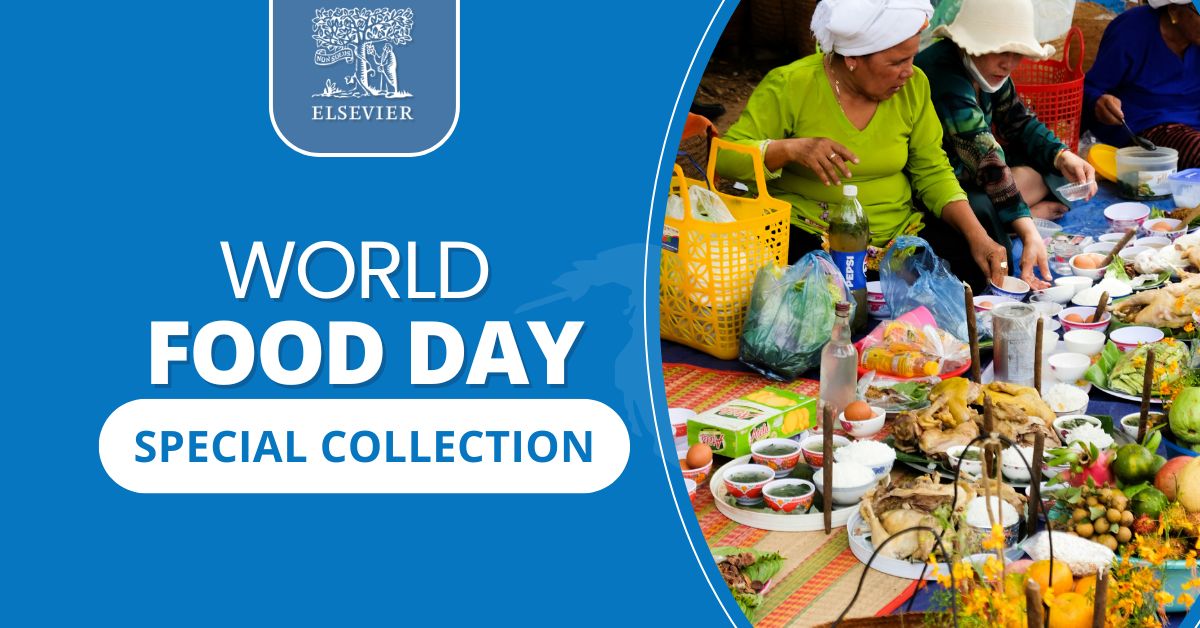Afghanistan faces severe food insecurity, with millions suffering hunger and malnutrition, especially children, due to economic hardship, climate change, and poor infrastructure. Improving agricultural practices, healthcare, and safety standards is crucial for enhancing the country's food security and well-being.
This study explores the food and nutrition security practices among artisanal and small-scale mining communities in Nigeria, revealing both strengths, such as access to local foods and purchasing power, and significant challenges, including meal skipping, poor water quality, and limited healthcare access. The findings emphasize the need for comprehensive interventions to improve nutrition, healthcare infrastructure, and social protection, which are essential for the well-being and sustainable development of these mining communities.
Celebrated annually on October 16, World Food Day is a key global event focused on raising awareness about food security and hunger. Established by the United Nations Food and Agriculture Organization (FAO) in 1979, this day highlights the ongoing challenges of hunger, malnutrition, and the need for sustainable food systems.
As one of the most food-insecure countries of the Global South, Ethiopia has experienced significant land-use changes driven by economic development and population growth. This study examined the dynamic land use transitions in Ethiopia during the period 2000–2020 including the socio-economic factors driving land-use transitions and grain demand. Although the sustained growth in international trade coupled with increased productivity has benefited the country's food supply, the food security situation in low-income countries, including Ethiopia, will remain critical in the context of population growth.
This chapter supports SDG 2 (Zero Hunger) by exploring how nanotechnology can improve sustainable agricultural practices, improving productivity and resource efficiency. It also aligns with SDG 12 (Responsible Consumption and Production) by promoting green nanotechnology approaches that minimize environmental impact in agriculture.
Consumers' negative emotions like food neophobia and disgust, driven by evolutionary risk assessment mechanisms, hinder acceptance of future foods. To promote sustainable food innovation, these behavioral responses must be addressed, as novel foods often signal danger and are readily rejected despite their safety.
Food waste is an increasing global food security concern. This commentary discusses the drivers behind the growth of food waste with economic growth in particular linked with increasing food waste.
This article examines the associations between dietary inflammatory potential, antioxidant capacity, Mediterranean diet adherence, and biological age acceleration in a large UK Biobank cohort.
This study examines the role of women’s leadership in the Wahana Usaha Jaya Cooperative in Bandung, Indonesia, in promoting household food waste reduction and community engagement. Findings show that WUJ’s spiritually motivated and economically empowering strategies effectively encourage waste reduction, particularly among women, despite ongoing infrastructural challenges. The study highlights that women-led, community-based cooperatives offer effective, context-sensitive models for urban environmental governance and advancing food security in the Global South.
This study examines the impact of living conditions on cognitive function in older adults in China, and explores the role of plant-based dietary patterns in mitigating the negative effects of poor living conditions. The key finding is that living in fair or poor conditions was associated with an increased risk of developing cognitive impairment, and this association was more pronounced in the "Low-stable-decreasing PDI" group compared to the "High-rapid-decreasing PDI" group.

